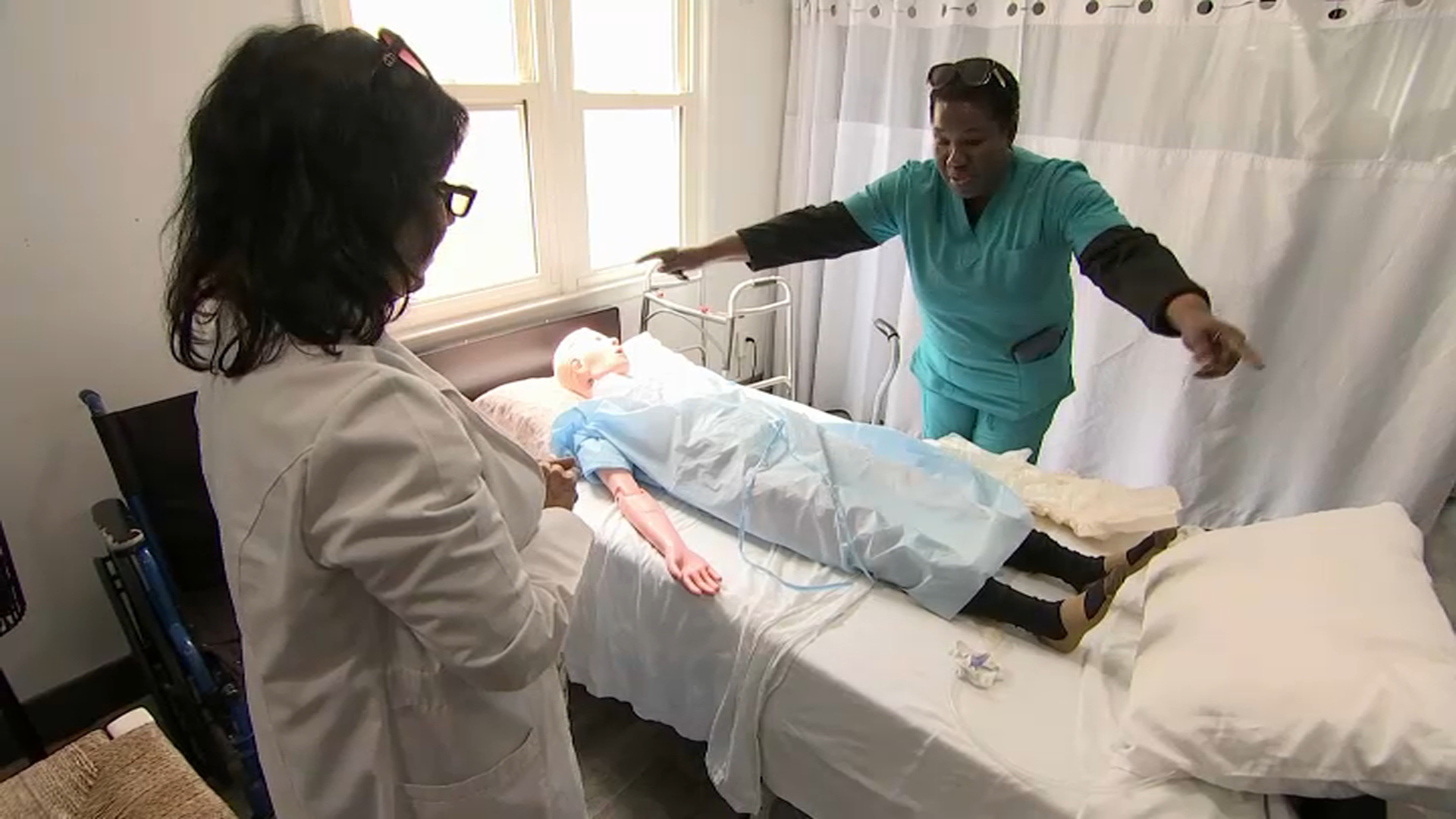A Long Island deli championed by neighbors as a local favorite has been struck with a case of Hepatitis A virus, and health officials are warning customers to look for possible symptoms.
The Nassau County Department of Health says a food handler at Park Delicatessen at 1420 Park Ave. in North Merrick has tested positive for the virus, and customers who have eaten food prepared at the deli from Aug. 2 to 5, Aug. 16 to 18 and Aug. 20 may have been exposed.
Experts recommend immunization against Hepatitis A within two weeks of exposure to a person with the infection, so any exposed customers who aren't already vaccinated or aren't immune to it (from already having had it in the past) should watch for symptoms and consult with their doctor.
The deli is considered a neighborhood favorite, and residents in the area were surprised to hear of the health advisory. They were supportive of the eatery and the owner, and some said they eat there every single day.
"I'm shocked. The place is immaculate, I eat here every day," said Gianna Angelillo.
"It's definitely a favorite in the neighborhood. Everybody in this neighborhood, if you ask anybody, eats here. They're like a lovely Italian family, you know?" she said.
Jim Rullo added, "They're like family to us. We wish them the best."
Local
The owner told NBC 4 by phone he was taking the advisory seriously, and as soon as he found out, made sure everyone else was immunized.
Hepatitis A is caused by the Hepatitis A virus, which is spread by consuming food or drink that has been handled by an infected person or by placing something in the mouth that has been contaminated with the stool of the infected person.
Symptoms range from mild to severe, which include an abrupt onset of fever, fatigue, poor appetite, nausea, stomach pain, dark-colored urine and jaundice. The disease is rarely fatal and most people recover within a few weeks without any complications.
The symptoms commonly appear within 28 days of exposure, with a range of 15 to 50 days. Generally, bed rest is all that's needed, and there's no medication that can treat a person once symptoms appear.



